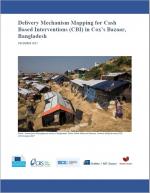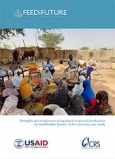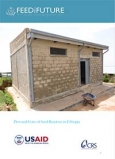Evaluations/Assessments | February 5, 2018
Delivery Mechanism Mapping for Cash-Based Interventions (CBI) in Cox's Bazaar, Bangladesh
As of December 2017, more than 867,480 Rohingya were estimated to have taken shelter in Bangladesh after fleeing violence and persecution in Myanmar. From August to December 2017 alone, an estimated 655,000 Rohingya had arrived in Cox’s Bazaar, Bangladesh. The Government of Bangladesh, UN agencies, international, national and local organizations, alongside social and religious institutions, provided humanitarian assistance: food and Non-Food Item (NFI) distributions, construction of temporary shelters, provision of Water Sanitation and Hygiene (WASH) facilities and services, and access to health services alongside other life-saving activities. In order to better inform the decision-making around the feasibility of using cash transfers to deliver assistance at scale, a delivery mechanism mapping was conducted to document different delivery options, their feasibility, the potential for delivering cash assistance at scale through these mechanisms, and to further explore potential barriers and constraints. The mapping was conducted in December 2017 by CRS, with the support of the Global Shelter Cluster and ECHO.





